As a chemist Rachel Feeny finds solutions to important scientific problems through networking and collaboration. “Initially my interest in chemistry began when I realized that often solutions to real-world problems come from understanding things at a molecular level. Now I find it fascinating to take what I know and collaborate with scientists in many different fields to address shared problems”. This interdisciplinary work approach is often overlooked by STEM researchers who tend to spend a majority of their time in their respective laboratories. However, when individuals with different training backgrounds and skillsets come together, the possibilities are endless! Read more of Rachel’s interview to discover how she uses her training and network from various disciplines to foster innovated solutions to current problems.
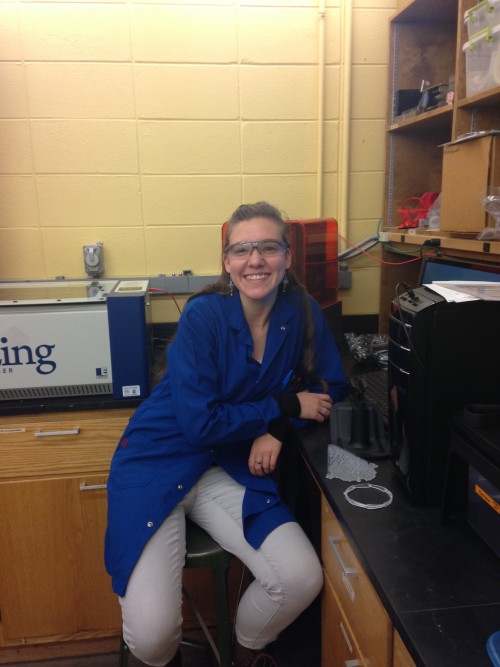
Year in present degree: Completed Ph.D. in Colorado State University’s Chemistry Department
Previous degrees, majors, & schools: Bachelor’s of Science, Chemistry, University of Portland
- What problem will your research help to solve?
My research project will provide an alternative imaging platform to observe live tissue slices with resolution in space and time, as well as chemical selectivity. The imaging platform will allow us to understand how chemical gradients at the surface of the tissue drive the biology occurring at an organ scale. The ability to make these types of observations will give us a better understanding of how biological processes progress, such as cancer metastasis and neuronal growth, which can lead to improved disease treatment options, for example for cancer and Alzheimer’s patients.
- What Science, Technology, Engineering, Mathematics do you most use?
I utilize many different skills from all of the STEM fields in my current research! Specifically, I use a substantial amount of chemistry and biology to understand the system that I am observing. I also use a lot of engineering to determine the best way to interface a piece of live tissue with a microchip and control fluid delivery to the tissue to keep it alive and stimulate biological processes. I use statistics in my data analysis to determine what information is significant with resect to the noise associated with the system. Additionally, computer programming is essential for generating custom user interfaces to control the imaging platform and analyze the resulting data.
- What advice do you have for high school and undergraduate students about entering this field/area of research? More specifically, now that you’re in a STEM graduate program what do you wish you had asked or known about the program you applied to?
Prior to entering this graduate program, I was not aware of how interdisciplinary the research would be. Having a base knowledge of a variety of different but interrelated fields before entering a STEM graduate program would be beneficial to provide educated insight from multiple perspectives. My suggestion would be to take advantage of any opportunity to learn more about STEM-related fields. Even if it is not directly related to your desired field of study, the interdisciplinary nature of research will make it beneficial to have an understanding of other fields.
- What helps an individual be successful in this field? What advice do you have for school counselors and/or college advisors to help students succeed in STEM?
I believe that two important characteristics for success in STEM fields is persistence and creativity. In research, experiments frequently do not go as planned, and generated unexpected results. It is important to be able to take a step back and consider why the experiment did not go as expected, be able to interpret the results obtained, and approach the problem again using the new information gained. STEM research requires thinking outside of the box to make progress. It is important to be able to approach a problem from a unique perspective, with a solution that is not typically used for that particular application.
Stemcareer.com includes these interviews as part of the GAUSSI Career Planning program under the direction of Rich Feller PhD, Professor of Counseling and Career Development, Colorado State University.



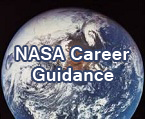

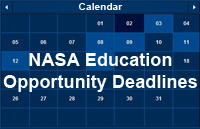
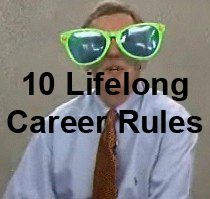
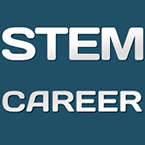
Comments are closed.